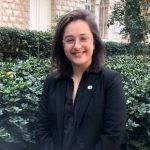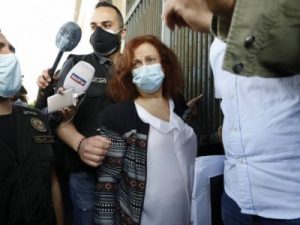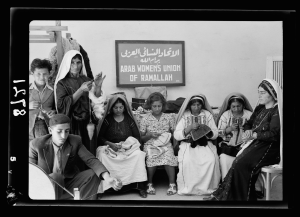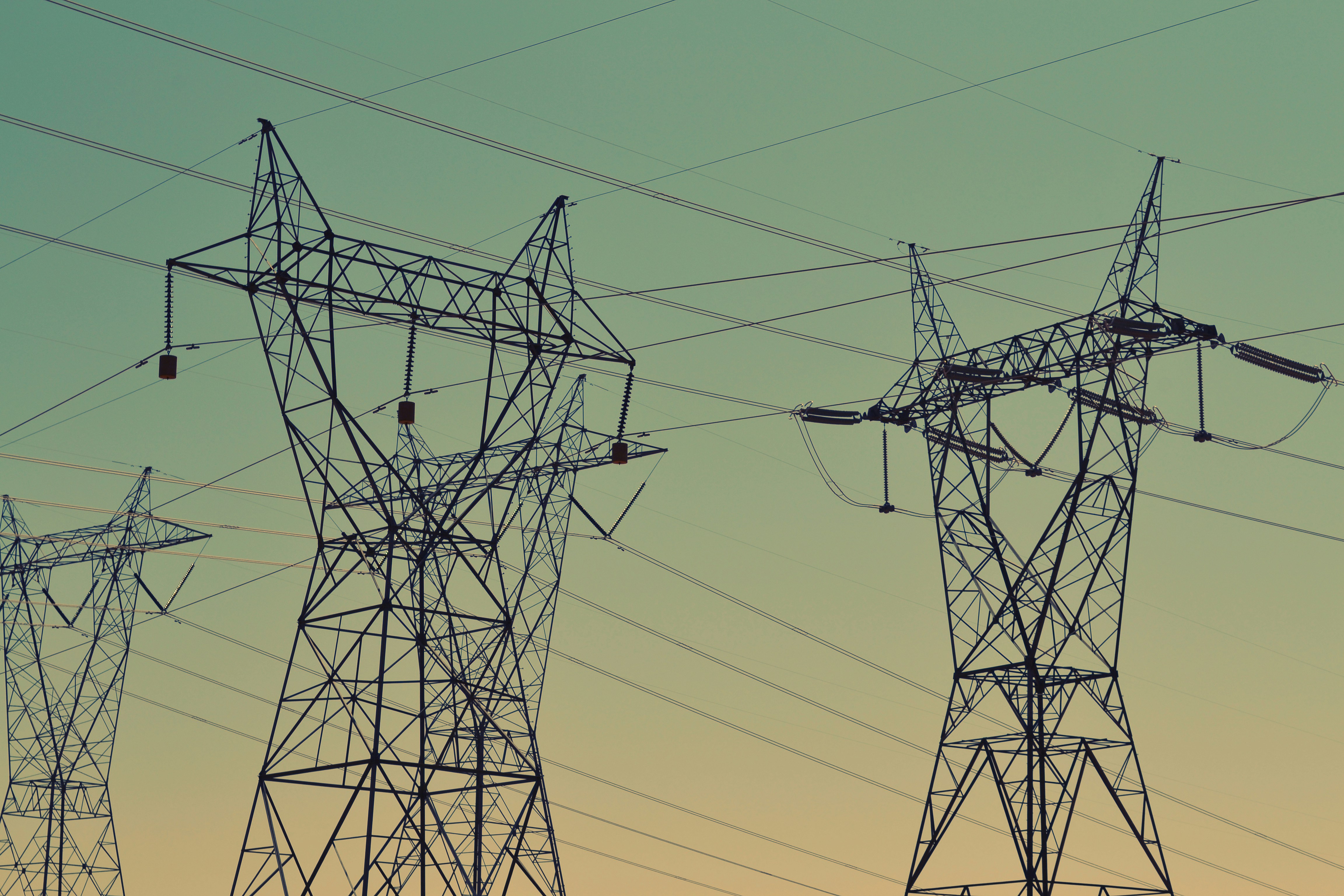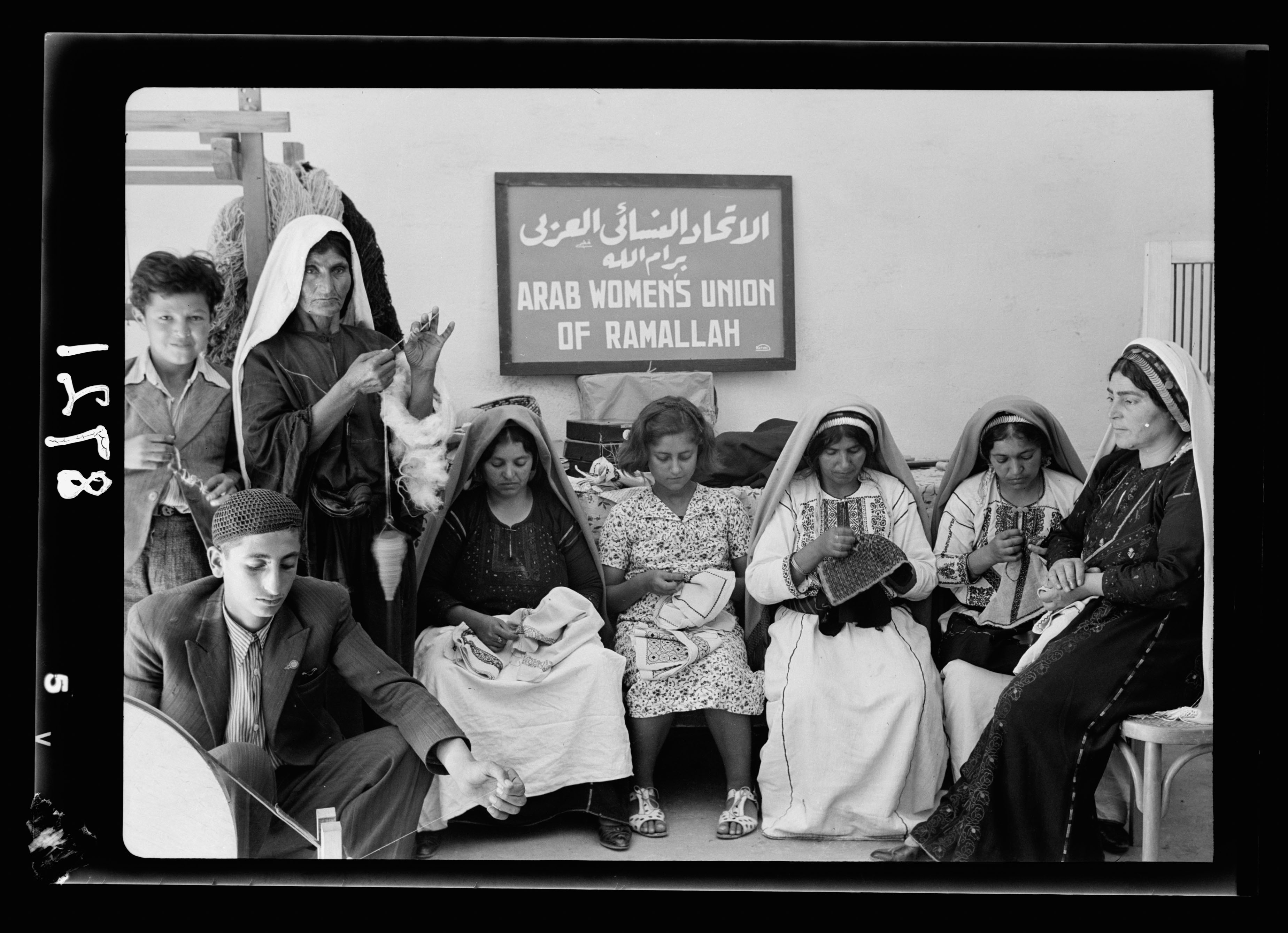
Credits: UNHCR. (24052021). UNHCR – Registration – Lebanon – Map of Registered Syrian Refugees by District in Lebanon – 31/03/2021 [Dataset]. UN Refugee Agency (UNHCR).
Introduction
Over the past decade, more than 1.5 million Syrian refugees have fled to Lebanon at an unprecedented rate. With a total population approaching 4 million people, Lebanon presently hosts the highest number of refugees per capita in the world. Lebanon’s population has hence grown substantially since this mass influx, a drastic increase that has placed significant pressure on the country’s institutions and health facilities. The said facilities are of course already compromised due to the prolonged intersectional1 internal crises exacerbated by the ongoing economic and financial crisis, COVID-19, and the ramifications of the Beirut Port explosion. As Lebanon resumes its status as a “country of transit” as opposed to a haven for refugees or asylum seekers, the dispossessed remain in legal limbo. The Lebanese government’s response to the influx has been a series of patchwork legislation and ad hoc policies. In this climate, refugeehood, gender, and health remain at a sensitive and overlooked intersection within larger migration narratives and discourse, particularly within larger debates on refugee rights and their access to health services. Among marginalized refugee communities, this intersection poses particularly dire consequences on the physical, mental, and psychological health of trans women.
Economic and Geographic Barriers to Access
The structure and modes of operation of Lebanon’s healthcare system cast a blind eye upon refugees’ intersectional1 challenges at all. It not only remains highly privatized, but additionally involves a number of factors across both private and public sectors. This reality, coupled with political agendas, partisan politics, clientelism, and an overall lack of transparency at the level of public administration gives private health providers substantial amounts of subjective influence. Private healthcare facilities, UN agencies, international humanitarian organizations, and local NGOs continue to shape refugees’ access to healthcare and health-related services along with mental health support. Efforts to enhance the provision of healthcare services to refugees in Lebanon have mainly been a collaboration between the Lebanese Ministry of Public Health (MoPH), the UN Refugee Agency (UNHCR), NGOs, and humanitarian agencies. Although today there are more than 200 primary healthcare facilities in Lebanon where refugees are able to receive subsidized treatment, medication, and vaccinations, access to these facilities remains a central challenge amid fears over crossing checkpoints, issues with residency paperwork, as well as concerns over deportation.

Credits: “Fatima, a Syrian refugee as her child [is being] vaccinated” by World Bank Photo Collection is licensed under CC BY-NC-ND 2.0
The country’s highly privatized healthcare system is essentially expensive, inaccessible, and unattainable for the country’s most vulnerable – particularly migrant and refugee groups. Despite the MoPH’s ongoing efforts to support and increase availability of primary and secondary healthcare for refugees, the cost of consultations, testing, and medication remains a major barrier for the 90% of refugees who currently live below the poverty line. Other significant costs include those of antenatal and maternal care, childcare, and baby milk. And while the UNHCR spends its biggest health budget in the organization’s history in Lebanon (covering “75% of Syrian refugees’ delivery costs, along with care for newborn babies” in an attempt to increase accessibility), it only covers life-saving services, leaving very few options for those with serious health conditions such as cancer and kidney disease.

Credits: Refugees in Towns (RIT). (2019, January 1). Map of Syrian refugee residential areas (yellow tiles) and LGBTQI+ aid organizations (colored points) in Beirut. [Map imagery © Google 2019.]
Beyond the economic and financial challenges, geographic disparity poses a major obstacle for the refugee community in Lebanon. It is particularly noteworthy that while healthcare may be “available,” barriers to access because of geographical location remain unaddressed. Due to the country’s overall uncoordinated refugee response coupled with the fact that Lebanon has halted establishment of formal refugee camps for various groups, refugee communities are spread among remote villages and cities across the country. Moreover, the heavy presence of refugee communities in low-resource areas and among vulnerable host communities renders it increasingly difficult to access healthcare due to distance and isolation. Most recently, amid the country’s ongoing fuel crisis, this reality has become even more tangible. Notably, the lack of access to healthcare is not exclusively a refugee problem in Lebanon. It has long been challenging for vulnerable local Lebanese to access adequate and affordable healthcare as well. Furthermore, barriers to access to healthcare that refugees must weather have now become the reality for the majority of Lebanon’s population amid the ongoing economic and financial crisis the country continues to suffer from.

Credits: “Syrian refugees in Lebanon” by EU Civil Protection and Humanitarian Aid is licensed under CC BY-NC-ND 2.0
The Reality for Trans Women Refugees
Trans women refugees in Lebanon continue to endure extreme forms of violence, discrimination, stigmatization, and isolation in the “safe” places they seek. Many testimonies have also highlighted this reality from inside the LGBTQI+ community itself. The physical violence they report is severe, ranging from beatings on the street to gang rape. This violence continues to be perpetrated by refugees from within their communities and by members of host communities alike. Despite the fact that sexual and gender minority refugees continue to be assisted by a range of actors across the country, it is widely understood that trans women refugees are most at risk, largely because of transphobia and the fact that they have little to no access to justice or adequate health services. Trans women refugees additionally face exceptional challenges in finding shelter and employment. Their specific needs are often discounted from mainstream refugee services, and very little humanitarian programming is tailored specifically for them.
Credits: MOSAIC. (2016, July 21). Diaries of a Trans refugee in Lebanon [Video]. YouTube.
As per MOSAIC MENA, like other sexual and gender minority refugees, trans women refugees often flee to cities rather than refugee camps because cities offer the possibility for anonymity and safety, in addition to hope for finding adequate health services, human rights networks, and even other members of the trans community. For UN agencies and other international humanitarian organizations whose mandates include the provision of protection for all refugees, including those with diverse gender identities and expressions, working outside the limitations of camps and informal tented settlements provides the opportunity to partner with local actors who are specialized and experienced in helping this specific segment of the community. These local groups do not only serve as entry points into particularly hard-to-reach populations, but can also provide significant added value towards targeted humanitarian health responses and gender-based violence prevention. This is pivotal for high-risk marginalized groups including but not limited to trans women refugees, especially when beneficiaries and participants in these types of health programming are involved in the discussions and humanitarian efforts at an early stage. Indeed, sexual and gender minority refugees, including trans women, have reported that the support and protection of humanitarian actors has proven to be instrumental to their immediate safety, health, and wellbeing. Moreover, organizations and the targeted health responses they develop, assist in sharing information about mitigating risks, the availability of specialized services, and referrals.

Credits: ILGA World. (2020, December). ILGA World map on sexual orientation laws [Dataset]. ILGA World.
Conclusion
While progress in terms of refugee healthcare in Lebanon from various international humanitarian actors and the country’s MoPH may be headed in the right direction, the healthcare system as it currently stands remains increasingly discriminatory and complex. LGBTQI+ refugees in Lebanon continue to be at risk of being subjected to violence, abuse, and marginalization – sometimes at the hands of people from within their own community. For trans women refugees, the perils are often magnified. These women continue to encounter harassment, arrest, kidnapping, torture, rape, and in many cases, murder. The ongoing compounding crises have dramatically impacted local humanitarian programming as well as the ability to expand outreach to better meet intersectional1 needs. The profound lack of transparency from the Lebanese government, coupled with donor fatigue on refugee issues has made it increasingly difficult for organizations to demonstrate impact and garner support for funding, particularly for vulnerable groups within the community. These realities have pushed trans women refugees further down the list of communities who receive targeted healthcare and tailored support.
- A term coined by Kimberlé Crenshaw to describe “how race, class, gender, and other individual characteristics “intersect” with one another and overlap.”
Dr. Jasmin Lilian Diab (she/her) is a Canadian-Lebanese expert on migration, gender, and conflict studies. Presently, she is the director of the Institute for Migration Studies and an assistant professor of migration studies at the Lebanese American University. In previous roles, she served as the refugee health program coordinator and research associate at the American University of Beirut's Global Health Institute. She is currently also an adjunct faculty member of international migration and refugee law at the Global Institute of Law and has worked as a guest lecturer at McGill University, Montreal in refugee and migrant health.
In addition, Dr. Diab is a research affiliate at the Centre for Refugee Studies at York University, Toronto, a global fellow at Brown University's Center for Human Rights and Humanitarian Studies in Providence, a scholar in forced displacement at the University of Ottawa’s Human Rights Research and Education Center, a senior consultant on refugee and gender studies at Cambridge Consulting Services, a peace responsiveness expert at Interpeace, and the lead of the Gender and Migration Research Group at the Global Research Network.
-
This author does not have any more posts.


